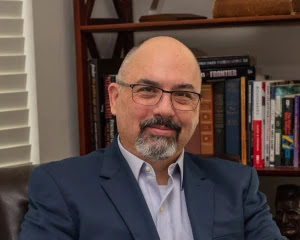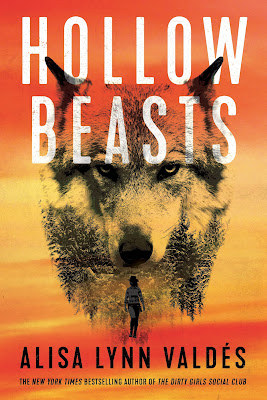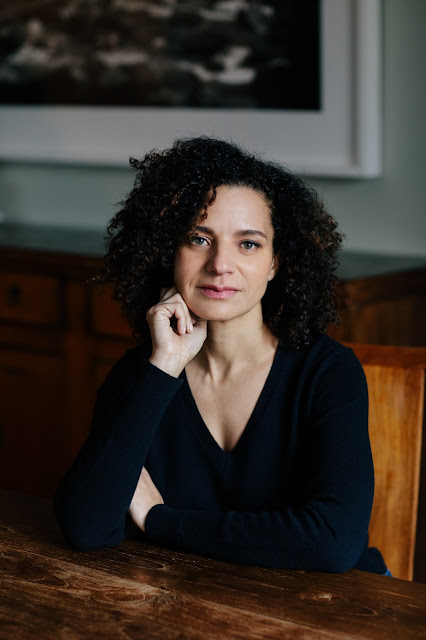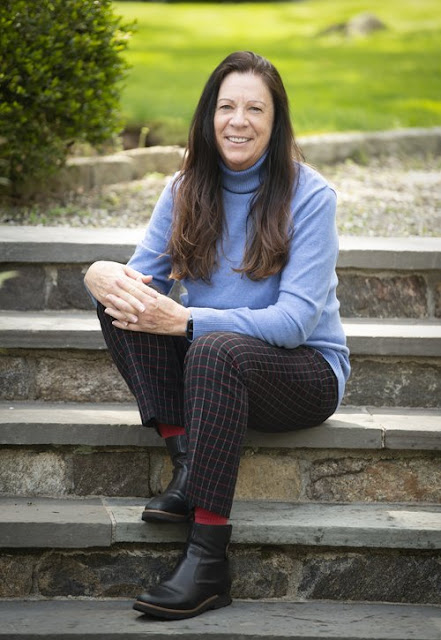Patrick Chiles
Patrick Chiles began his writing career with the self-published novels Perigee and Farside, which were acquired by Baen Books in 2016. His subsequent novels, 2020’s Frozen Orbit, 2021’s Frontier, and 2023’s Escape Orbit,  have established him as a rising talent in the realm of realistic, near-future science fiction. Having a fascination with practical space travel and a love for Cold War technothrillers, his novels feature plausible technology while leveraging his military and airline experience to create stories with engaging, relatable characters on astonishing adventures: “ordinary people, doing extraordinary things.”
have established him as a rising talent in the realm of realistic, near-future science fiction. Having a fascination with practical space travel and a love for Cold War technothrillers, his novels feature plausible technology while leveraging his military and airline experience to create stories with engaging, relatable characters on astonishing adventures: “ordinary people, doing extraordinary things.”
My Q&A with Chiles:
How much work does your title do to take readers into the story?Visit Patrick Chiles's website.
I like the title a lot, it’s punchy and uses actual spaceflight terminology to hint at what happens in the story, the same way Frozen Orbit did. It also implies an urgency, a need to get away from something, which is an underlying theme. My main POV character, Traci Keene, is driven to find her lost crewmate, Jack Templeton, out at the far reaches of the solar system. In the meantime she isn’t happy with developments at home, which are pushing her to get away. Not to give up too much, but it’s obvious from the cover (which is awesome) that Jack may have stumbled onto something quite strange which promises to take them both even deeper into space.
What's in a name?
I didn’t have to give much thought to the names, as all the characters came from Frozen Orbit along with a couple of previous books. Most of the names just came to me as I was thinking the characters through, enough to where I needed to do a few Google searches to make sure I wasn’t subconsciously appropriating another author’s characters, or using someone from real life.
One I did have to think about was Dr. Jacqueline Cheever, the NASA Administrator. She’s a nasty piece of work, and her name had to suggest this. Cheever takes herself extremely seriously and is impatient with people who she thinks “play in the shallow end of the gene pool.” She’s the type who will insist you call her “doctor.”
How surprised would your teenage reader self be by your new novel?
I’ve mentioned before that teenage me would ask why it took so long, and that still holds true. Anyone who knew me growing up is probably not the least bit surprised that writing science fiction is what I do now. Teenage me would be surprised at some of the more out-there scientific concepts I had to get my head around to write this story, because I was famously bad at math in my youth. I eventually got better at it.
Do you find it harder to write beginnings or endings? Which do you change more?
Beginnings, definitely. I have to think through how to put the reader into the story right away, and keep things tight enough that they want to turn the page. Endings tend to come naturally once I’m far enough into the book, though most of the time the way I envisioned it ending is nothing like the final product. Sometimes I’m as surprised as the reader, which is great fun when that happens. I had a good idea of how Escape Orbit would end, but getting the characters to that point unfolded in ways I didn’t anticipate.
You've said "still firmly hard sci-fi, Escape Orbit is more of a space opera than its predecessor [Frozen Orbit]." Why is that?
Honestly, I hadn’t given it much thought until Publishers Weekly used the term in their review and I thought, “yeah, they’re right.” Space Opera contains themes of melodramatic, romantic adventure (the classical definition, not lovey-dovey stuff) set in space, with conflict using powerful technologies. That’s all at play here. I took the hard-sf technology of Frozen Orbit and Frontier, and used it propel my characters to a destination they could barely conceive of. Of course, the great-power conflicts we have on Earth follow them out the edge of the solar system. Everyone wants to stake a claim on what they’ve found, and to keep others from exploiting it.
You've also said that Escape Orbit is more character-driven? Why is that?
Using characters I’d already established in Frozen Orbit, I was able to play around in their sandbox and put them in situations that would test them in different ways. I was also able to explore some unresolved feelings between Traci and Jack. Traci is the main POV, and I enjoyed telling the story mostly through her eyes. She’s been recovering from an injury that has kept her off NASA’s flight roster, but now she’s been given a compelling reason to get back out there. She has to overcome personal physical challenges, bureaucratic inertia, and political scheming before she can even get started on the technological hurdles. She’ll playwhatever cards she has to win, and is helped along the way by some unexpected alliances.
I also had a lot of fun developing Daisy, the artificial intelligence helping Jack run the Magellan spacecraft. She becomes a major player in her own way, and I’m looking forward to building her up even more in the next book.
Do you see much of yourself in your characters? Do they have any connection to your personality, or are they a world apart?
I think all of them reflect different aspects of my personality, Traci and Jack especially. I used them to work out the conflicts in my own head about the nature of life: Where did we come from? Were we created or did we evolve, either by random chance or guided by some superintelligence? And if we haven’t found evidence of intelligent life elsewhere, is it possible that we’re the first? And how do we reconcile those types of philosophical conflicts?
What non-literary inspirations have influenced your writing?
I’ve joked that Escape Orbit is “Interstellar without all the crying.” The comparison is kind of obvious, in particular the bizarre effects of relativity and their emotional impact on characters who’ve been separated by time dilation. Once the book is well underway and I’m kind of living inside the story, I like to write to movie soundtracks. They’re designed to hit certain emotional beats, and that works out well for me. I listened to a lot of Hans Zimmer soundtracks for this one, though oddly enough Interstellar wasn’t one of them! Inception hit the right beats this time, as did some of the Wrath of Khan soundtrack. Other than that, the PC game Kerbal Space Program helps me quite a bit. I’ll build the kinds of vehicles I envision for the books and simulate their missions. My background research goes a lot deeper than that, but Kerbal’s a great way to visualize what the end results will look like. Although readers will quickly find there is no way to simulate what ultimately happens in Escape Orbit!
Coffee with a Canine: Patrick Chiles & Frankie and Beanie.
The Page 69 Test: Frozen Orbit.
My Book, The Movie: Frontier.
The Page 69 Test: Frontier.
Q&A with Patrick Chiles (June 2021).
The Page 69 Test: Escape Orbit.
Writers Read: Patrick Chiles.
--Marshal Zeringue














